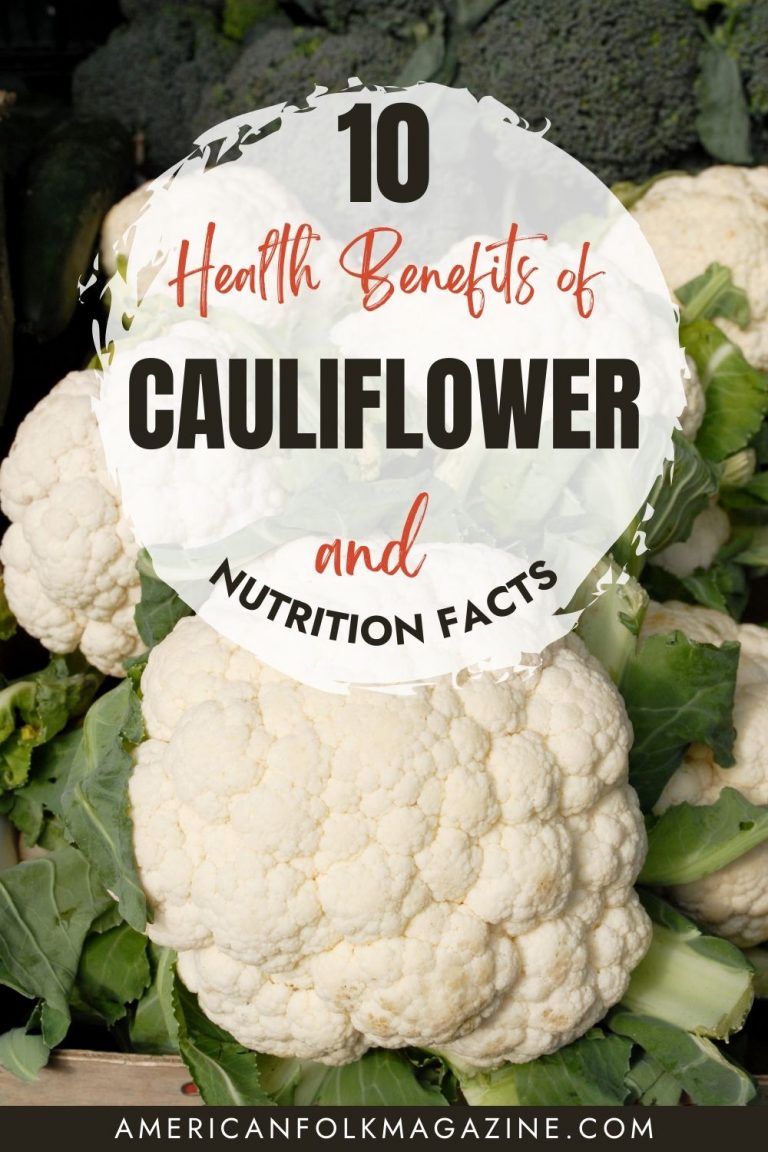Lemons are a popular fruit known for their bright yellow color and sour taste. They are a great source of vitamin C and offer a range of health benefits that make them an excellent addition to any diet.
In this article, we will explore the nutrition facts and 10 health benefits of lemons that make them a must-have fruit in your daily routine.
Nutritional Profile of Lemon
Lemons are a citrus fruit that are widely used in cooking and for their refreshing taste. They are low in calories and high in vitamin C, making them a healthy addition to any diet.
The following nutrition table shows the nutritional content of one medium-sized lemon (58 grams) without the rind:
| Nutrient | Amount |
|---|---|
| Calories | 17 |
| Protein | 0.6 grams |
| Carbohydrates | 5.4 grams |
| Fiber | 1.6 grams |
| Fat | 0.2 grams |
| Vitamin C | 31.2 mg |
| Folate | 6.4 mcg |
| Potassium | 80.8 mg |
As seen in the table, lemons are low in calories and fat, while being high in vitamin C and fiber. They are also a good source of folate and potassium.
Lemons are primarily composed of water, making up about 89% of their weight. They also contain small amounts of other vitamins and minerals, such as vitamin B6, thiamine, and magnesium.
In addition to their nutritional content, lemons are also a good source of antioxidants, which can help protect the body from damage caused by free radicals.
Overall, lemons are a nutrient-dense fruit that can be a healthy addition to any diet.
10 Health Benefits of Lemon
Lemons are a citrus fruit that are packed with nutrients and have a wide range of health benefits. Here are 10 potential health benefits of consuming lemons.
1. Boosts Immune System
Lemons are an excellent source of vitamin C, which is a powerful antioxidant that helps protect cells from damage caused by free radicals. Vitamin C also plays a vital role in supporting the immune system by helping to stimulate the production of white blood cells.
2. Promotes Hydration
Lemons are approximately 90% water, making them a great way to stay hydrated. Drinking lemon water can help replace fluids lost during exercise, hot weather, or illness.
3. Improves Skin Quality
The high vitamin C content in lemons can help improve skin health by promoting collagen production, which is essential for healthy skin. Additionally, the antioxidants in lemons can help protect the skin from damage caused by free radicals.
4. Supports Weight Loss
Lemons are low in calories and high in fiber, making them an excellent addition to a weight loss diet. The pectin in lemons may also help reduce feelings of hunger, which can help prevent overeating.
5. Aids Digestion
The acidity in lemons can help stimulate the production of stomach acid, which can aid in digestion. Additionally, the fiber in lemons can help promote regular bowel movements.
6. Freshens Breath
Lemons have natural antibacterial properties that can help freshen breath and prevent bad breath caused by bacteria in the mouth.
7. Helps Prevent Kidney Stones
Lemons contain citric acid, which may help prevent the formation of kidney stones by increasing urine volume and pH levels.
8. Protects Against Anemia
The high vitamin C content in lemons can help improve iron absorption, which is essential for preventing anemia.
9. Reduces Risk of Cancer
The antioxidants in lemons may help reduce the risk of certain types of cancer by protecting cells from damage caused by free radicals.
10. Improves Eye Health
The vitamin C in lemons may also help protect against age-related macular degeneration, which is a leading cause of blindness in older adults.
Overall, lemons are a nutritious and versatile fruit that can be incorporated into a healthy diet in many ways. From boosting the immune system to promoting hydration and aiding digestion, there are many potential health benefits to consuming lemons.
How to Incorporate Lemon into Your Diet
Lemon is a versatile fruit that can be easily incorporated into your diet in a variety of ways. Here are some simple ideas to help you add more lemon to your meals and snacks.
Lemon Water
Drinking lemon water is a refreshing and healthy way to start your day. It can help boost your immune system, aid digestion, and even promote weight loss. To make lemon water, simply squeeze the juice of half a lemon into a glass of water and stir. For added flavor, you can also add a few slices of fresh lemon to your water.
Cooking with Lemon
Lemon can be used in a variety of savory dishes to add a bright and tangy flavor. It pairs well with seafood, chicken, and vegetables. Here are a few ideas to get you started:
- Squeeze fresh lemon juice over grilled fish or chicken.
- Add lemon zest to pasta dishes or salads for a burst of flavor.
- Use lemon juice in marinades or salad dressings.
- Add lemon slices to roasted vegetables for a fresh twist.
Lemon Desserts
Lemon is also a popular ingredient in desserts, thanks to its tart and tangy flavor. Here are a few ideas for incorporating lemon into your sweet treats:
- Make lemon bars or lemon meringue pie.
- Add lemon zest to your favorite cookie or cake recipes.
- Make lemon sorbet or lemon ice cream.
- Squeeze fresh lemon juice over fresh fruit for a simple and refreshing dessert.
By incorporating lemon into your diet, you can enjoy its many health benefits while adding a delicious and versatile ingredient to your meals and snacks.
Potential Side Effects of Overconsumption
Consuming too much lemon can have some potential side effects. It is always recommended to consume lemon in moderation to avoid any adverse effects. Here are some of the potential side effects of overconsumption of lemon:
Tooth Erosion
Lemon juice is highly acidic, and overconsumption of lemon juice can cause tooth erosion. The acid in the lemon juice can damage the enamel on the teeth, which can lead to tooth decay and sensitivity. According to a source, the juice of a lemon is highly acidic, and when you have too much lemon juice, it can cause a tingling sensation on your teeth.
Heartburn
Consuming too much lemon can also cause heartburn. Lemon juice is highly acidic, and it can irritate the lining of the esophagus, which can lead to heartburn. According to a source, consuming too much lemon juice can cause acid reflux, which is a common digestive disorder that causes a burning sensation in the chest.
Migraines
Overconsumption of lemon can also trigger migraines in some people. Citrus fruits like lemon contain a compound called tyramine, which can trigger migraines in some people. Tyramine is a byproduct of the breakdown of an amino acid called tyrosine, which is found in many foods, including citrus fruits.
In conclusion, while lemon is a nutritious fruit that offers many health benefits, it is essential to consume it in moderation to avoid any potential side effects.
References:
- https://www.nutrition-and-you.com/lemon.html
- https://www.medicalnewstoday.com/articles/283476
- https://www.verywellfit.com/lemons-nutrition-facts-calories-and-health-benefits-4114176
- https://www.healthline.com/nutrition/foods/lemons
Pin It In Your Board











